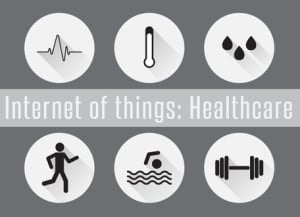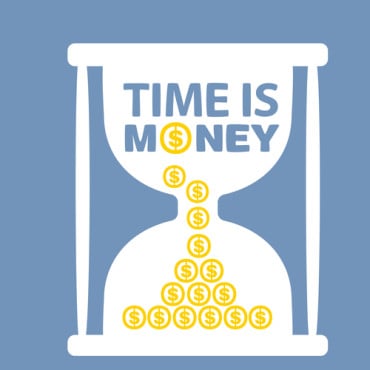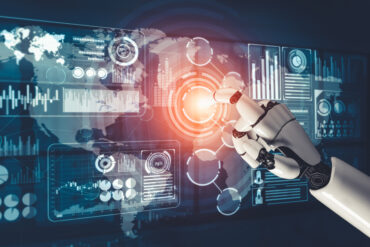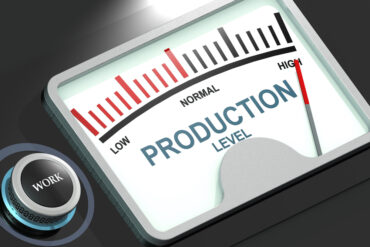
IoT-enabled medical technology will allow patients to stay healthy and take precautions before the outbursts of health ailments.
Are you still thinking how Internet of Things (IoT) is going to power our digital world in the future? Technological evolution is unstoppable, and it will continue to transform our lives, and we have to be ready for the changes.
IoT has transformed many industries and healthcare is at the forefront of the revolution. IoT has introduced innovative tools in the healthcare arena, which has led to a massive improvement in the efficiency and the quality of the services offered to patients.
IoT is game-changer for the healthcare industry, is predicted to reach $136.8 billion in worldwide revenue by 2021. To facilitate better patient engagement, the benefits of IoT must be leveraged efficiently. Check out five ways:
1. Early detection
People now use IoT-driven devices for monitoring their daily physical activity and can measure parameters like blood pressure, blood glucose level and so on. This helps in identifying ailments prior to their onset. Likewise, IoT-enabled medical technologies can have numerous benefits. It will help health advisor detect health issues in advance, which has always been the challenge.
2. Operations augmentation
Integrating augmented reality into IoT solution has taken the healthcare industry to the next level. With the help of augmented devices, a medical Intern can experience live operation through the eyes of a surgeon.
Hospital resources like expensive equipment, staff, inventory, facilities and emergency situations and patient care requirements can be managed with the help of IOT devices.
3. Customized patient monitoring
With the aid of IoT monitoring devices, patients receive proper attention and medical care on time. Data accessed from sensor-fitted IoT devices make it easy for the doctors to detect any interruption in the normal functioning of a person.
4. Device Integration
Among the multiple applications, remote monitoring is the primary applications of the Internet of Things. It helps patients in their medical emergencies by giving appropriate healthcare. Smart sensor application sends an immediate report to the concerned physicians and family when there is any urgency.
5. Hand hygiene monitoring
This is one vital action that is placed in action for patient safety. The hand hygiene monitoring systems easily detect if the doctors have washed their hands before examining the next patient. According to the World Health Organization (WHO), “the goal of Clean Care is Safer Care is to ensure that infection control is acknowledged universally as a solid and essential basis towards patient safety and supports the reduction of Health care-Associated Infections (HAI) and their consequences.”
How will IoT change Healthcare?
IoT is transforming the way devices are communicating with each other in various industries. McKinsey estimates that IoT is going to have a huge impact across industries of $11.1 trillion yearly by 2025.
IoT-enabled medical technology will be used to accumulate real-time data and predict disease outbreak from healthcare apps. Along with the real-time data, IoT-enabled medical technology will significantly enrich engagement and allow patients to stay healthy and take precautions before the outbursts of any health ailments.
Patient data security has always been a priority. Shortly, IoT-enabled medical technologies are going to have built-in security evaluation so that doctors can focus more on their patient health. predict
With the capability to personalize the treatment and transform healthcare industry MarketResearch.com predicts that all healthcare IoT devices and wearables are going to worth $117 billion by 2020. Wearable technology has helped users to keep a track of their pulse rate, stress levels, hours of quality sleep time and so on.
It has revamped how we use to approach healthcare services. In a hospital, connected devices can help physicians to set a reminder in their patients’ device to remind them, for example, about exercise and notify them when their blood glucose levels are too high.





























